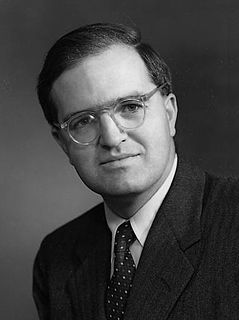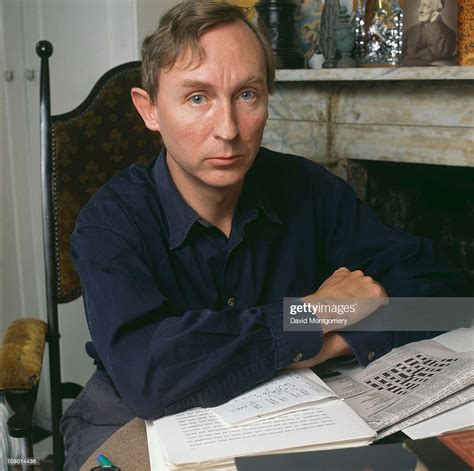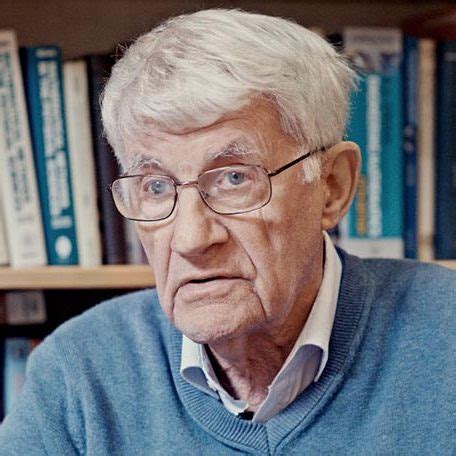A Quote by John Cleese
This is the most important joke I've ever heard. Niels Bohr, the founder of Quantum Physics, had a friend to dinner. As the friend left, he noticed a horseshoe nailed above Bohr's front door. He said to Bohr, accusingly, "Niels, you're a great scientist. You can't believe in superstitions." Bohr answered, "I don't, but apparently it works anyway."As with confirmation bias, we tend to lean toward superstitions that benefit us.
Quote Topics
Related Quotes
Somebody once asked Niels Bohr why he had a horseshoe hanging above the front door of his house. Surely you, a world famous physicist, can't really believe that hanging a horseshoe above your door brings you luck? Of course not, Bohr replied, but I have been reliably informed that it will bring me luck whether I believe in it or not.
A visitor to Niels Bohr's country cottage, noticing a horseshoe hanging on the wall, teasing the eminent scientist about this ancient superstition. "Can it be true that you, of all people, believe it will bring you luck?'
'Of course not,' replied Bohr, 'but I understand it brings you luck whether you believe it or not.'
[About the great synthesis of atomic physics in the 1920s:] It was a heroic time. It was not the doing of any one man; it involved the collaboration of scores of scientists from many different lands. But from the first to last the deeply creative, subtle and critical spirit of Niels Bohr guided, restrained, deepened and finally transmuted the enterprise.
When you're playing the part of a saxophone or a trumpet player, both of which I have done, it would be nice to be able to play like John Coltrane, but you can't. Your job is to do something else. And I'm not sure what it is, but I don't think I'd be acting Niels Bohr any better if I went and studied physics for five years.
Mental patterns do not originate out of inorganic nature. They originate out of society, which originates out of inorganic nature. And, as anthropologists know so well, what a mind thinks is as dominated by biological patterns as social patterns are dominated by biological patterns and as biological patterns are dominated by inorganic patterns. There is no direct scientific connection between mind and matter. As the atomic scientist, Niels Bohr, said, "We are suspended in language." Our intellectual description of nature is always culturally derived.
A. Douglas Stone, a physicist who has spent his life using quantum mechanics to explore striking new phenomena, has turned his considerable writing skills to thinking about Einstein and the quantum. What he finds and makes broadly understandable are the riches of Einstein's thinking not about relativity, not about his arguments with Bohr, but about Einstein's deep insights into the quantum world, insights that Stone shows speak to us now with all the vividness and depth they had a century ago. This is a fascinating book, lively, engaging, and strong in physical intuition.



































